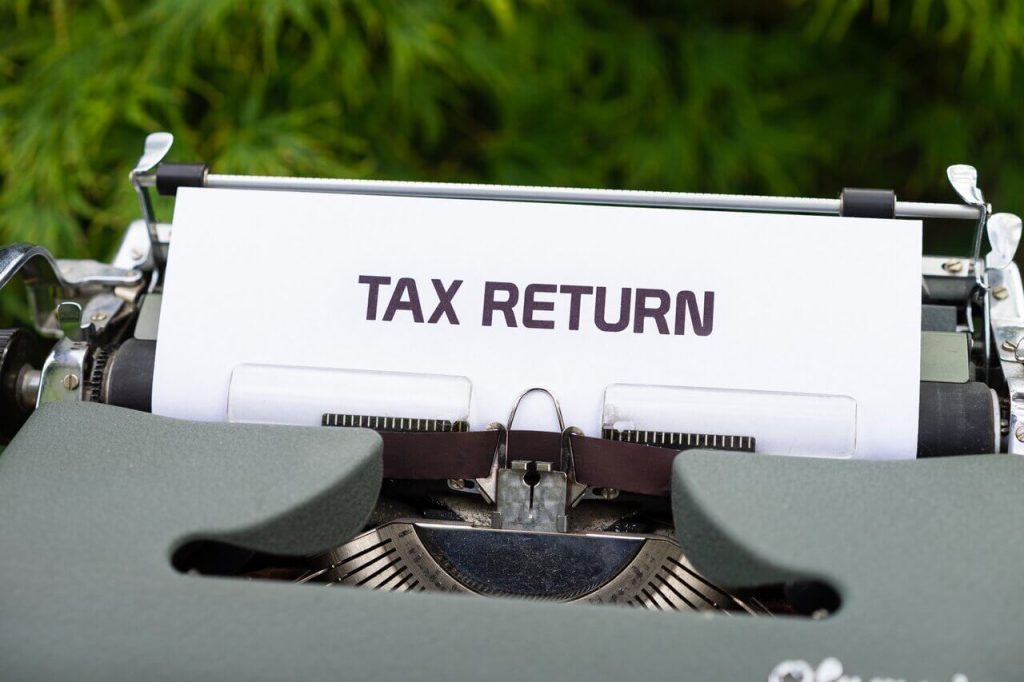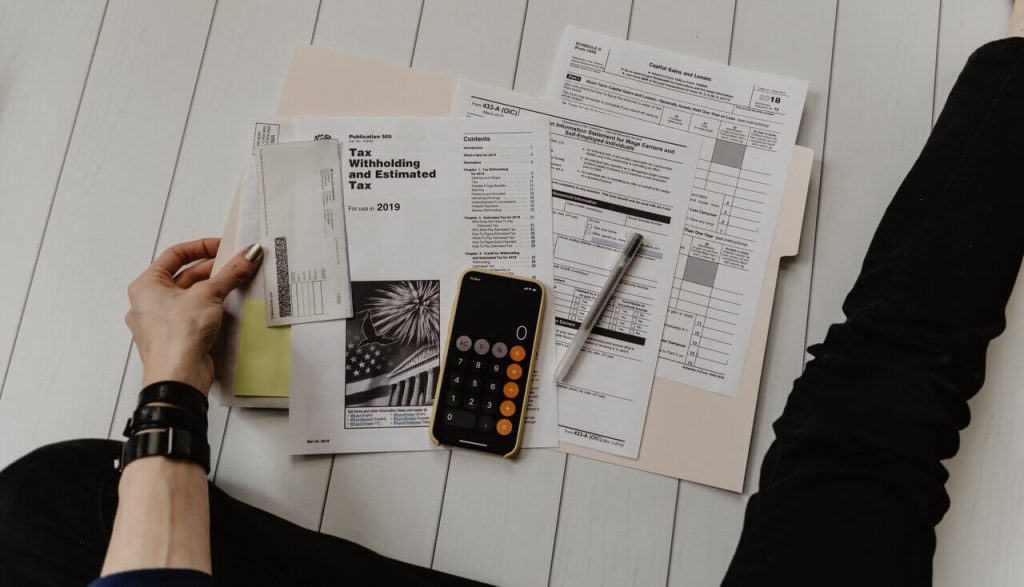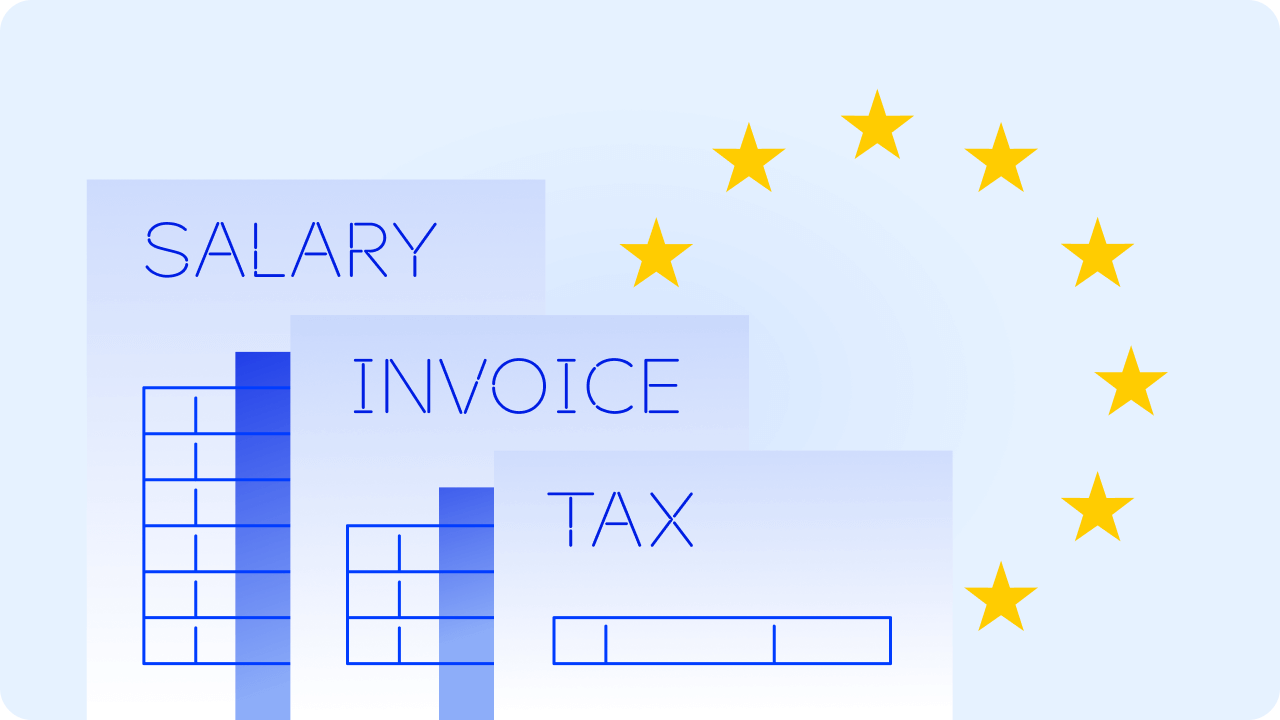where should i pay my taxes as a solopreneur?
Trying to figure out where to pay your taxes as a solopreneur? Read our guide to business and personal taxes for solopreneurs operating across borders

Tax laws can be confusing and complex, especially if you’re considering paying tax in a different jurisdiction from where you live or if you’re contemplating moving to another country. Taxes for solopreneurs involves consideration of geography, law and multiple business factors.
Every country has their own tax system, each with different rules and different tax rates. Some can be extremely high, while others may offer very attractive rates for businesses or even personal income tax. And, there are even some jurisdictions that are tax-free.
If you’re starting out as a solopreneur, it’s worth considering the effects of your tax status on your earning potential.
Many people decide to register their businesses in countries that offer more favourable tax rates or simplified tax processes. Others who trade in their personal capacity may decide to move to another country or change citizenship to gain a tax advantage.
Below we look at the differences between business and personal tax, and the implications for running a business in your own personal capacity compared with registering your business as a separate legal entity.
Business and personal taxes for solopreneurs
As a self-employed person, you are liable to pay tax every year on your income. The type of tax, tax rate, and amount of tax you owe will all depend on a variety of sometimes rather complex considerations. That’s why tax matters always need to be considered on a case by case basis by experienced tax practitioners.
When it comes to tax, every country (and even different states and provinces within countries) treats tax differently. There are widely varying tax rules in different nation states. Tax rules vary depending on where you choose to live - or in cases like the US, where you’re a citizen. So, you could end up paying a lot more or a lot less tax than someone else earning the same amount.
Since the relatively recent advent of ubiquitous remote work and digital nomadism, many people are opting to live in countries where living costs may be less, and where they can benefit from earning a foreign income (given favourable exchange rates). Some nomads also look for places where they can take advantage of tax-related benefits.
It’s important to note that if you don’t plan your taxes carefully, you could still be liable for taxes in the country where you hold nationality. In some cases, countries from which you receive payments via your clients could even lay claim to taxes. And, worse still, if there’s no double taxation treaty in place - you might even be liable to pay tax in two different countries if you haven’t planned your tax efficiently.
Below we look at answers on where to pay tax as a solopreneur. To some degree, this depends on whether you’ve decided to trade as a sole proprietor (i.e. in your own personal name and capacity), or if you’ve opted to legally form a company.

Where to pay personal income tax as a solopreneur
Regardless of whether you have established your solopreneurship business as a company or other legal entity, you may be liable for personal income tax.
Every country has their own rules when it comes to determining if you legally need to pay taxes in that country. In most cases, that depends on where you are considered a resident for tax purposes, and how much you earn. It may also depend on which country you hold citizenship in, and other factors like where you physically reside and spend most of your time.
How does this usually work in practice, you might ask? If you’re resident in South Africa, for example, you will be liable to pay tax on any income you earn in South Africa, according to its tax rates. Even if you earn money overseas, you might be taxed on that income in South Africa. If there’s a double taxation agreement in the country where you earned that foreign income and you’ve paid tax there, you'll likely be exempt from paying double tax.
It may be possible to remain living in South Africa and apply to be a tax resident of another country (and consequently a South African non-resident tax for tax purposes) - which may mean you won’t pay tax in South Africa anymore. But, you may need to financially emigrate in order to achieve this and, in the case of South Africa, that process includes needing to pay an “exit” tax up to around 20% of your worldwide assets (which could be significant). There may then also be rules around how long you need to live in your country of residence each year to maintain your tax residence status.
Reasons to carefully consider your tax residency status as a solopreneur
Many people change their country of residence in order to reduce the amount of tax they owe. This is because countries have different tax laws and rates that can be more favourable.
If you operate your solopreneur business in your personal capacity (i.e. as a sole trader rather than having a separately registered business), then for tax purposes, you may only be liable to pay personal income tax. The rules will of course depend on the country where you are a tax resident.
For example, in some countries like the USA, as a self-employed professional you may also be liable to pay self-employment tax which includes costs towards Social Security and Medicare.
For that reason, it’s important to consider the tax implications of being a self-employed solopreneur (compared with registering a business).
Also research the tax benefits of registering a company instead. You'll pay corporate tax and pay yourself a salary from your business profits. But be sure to check how this affects your personal income tax.
A duly registered tax practitioner or tax consultant should be able to advise you on the pros and cons of different tax jurisdictions and of registering a company rather than trading in your personal capacity.
One other highly important and relevant factor to consider is double taxation. Some countries have treaties to ensure that you can’t be taxed twice - but if you’re unlucky, you could end up owing tax in two jurisdictions. This is another convincing reason to consult a tax specialist when you’re working and living in different countries.

Reasons to carefully choose where your solo-business is registered
If you’ve decided to register your solo-business as a company or other legal entity such as a trust, you’ll also be liable for company tax. Many business owners look to register their companies in countries with favourable tax rates and market access.
When it comes to registering a company in a foreign jurisdiction that you don’t live in - you typically need to be a citizen of that country to start a business there. That can be quite limiting, especially if you only hold one passport.
One innovative new way that you can start a business in a foreign jurisdiction to where you actually live. This way, you operate your business there according to that country's laws. And an easy way to do this is by joining the Estonian e-Residency program. By becoming an e-resident, you can start a company in Estonia, which will be a resident there for tax purposes - even though you don’t actually physically reside there.
Be aware though that even if your company is considered a tax resident in Estonia, another country may claim that your company owes taxes there too. This is due to the concept of permanent establishment (PE), which is a legal term created for tax purposes. As a general rule, a PE must be registered with the local tax administration and separate (tax) accounting and tax filing must be arranged. Please refer to available information about PE registration and compliance in the jurisdiction where your activities might trigger a PE. Luckily, double taxation of the profits earned by business activities of a PE is avoided as Estonia exempts the PE’s profits from Estonian corporate taxation.

What are some of the most desirable locations for solopreneurs from a tax perspective?
There are a range of tax-free havens around the world. These attract many different types of business owners and personal investors.
In some cases you need to be a citizen of that country to be eligible to start a business there. In others, you may be able to gain citizenship through investment. And in others, you may be able to apply for e-residency so that you can operate your company in a foreign jurisdiction without holding foreign citizenship.
One of the most popular examples of the latter is the Estonian e-Residency program. Solopreneurs (and any other type of business) can quickly and easily apply online and establish a company in Estonia. There are many benefits to e-Residency in Estonia. These include potential tax benefits, simplified business administration, and the fact that you can access the large EU market.
You might find it useful to read our guide to understanding tax obligations as an Estonian e-resident:
Final thoughts on paying taxes when you’re self-employed
Have you been wondering ‘how are freelancers taxed’, or how much tax you need to pay if you’re self-employed? Well, hopefully this article on taxes for solopreneurs has given you some answers. Or at least ideas about what questions to ask to find the answers you need!
Essentially, you’ll end up paying company and or personal tax in most situations. But in some jurisdictions you may pay very little tax (or even none at all). When comparing the tax codes of the main business jurisdictions, keep in mind that Estonia has been ranked the most competitive in the OECD for 9 years running!
Consider the benefits of registering your business as a company in a country that has favourable tax rates and regulation. This way, you can reduce the amount of business tax you need to pay, or at the very least reduce bureaucracy. There are also a range of other benefits when you register your business as a separate legal entity.
Options like Estonian e-Residency may provide tax benefits for many solopreneurs, ease doing business (as most business services are digital), and provide access to a large EU market.
This article was written by guest contributor and seasoned digital nomad Andy Stofferis (www.andysto.com).
More from e-Residency
- Sign up for our newsletter
- Watch fresh video content - subscribe to our Youtube channel
- Meet our team and e-residents - register for our next Live Q&A
